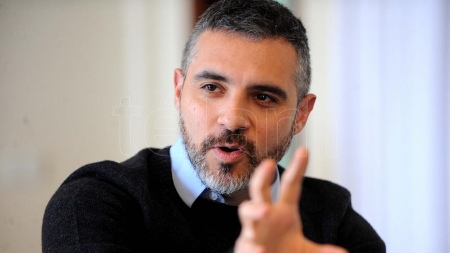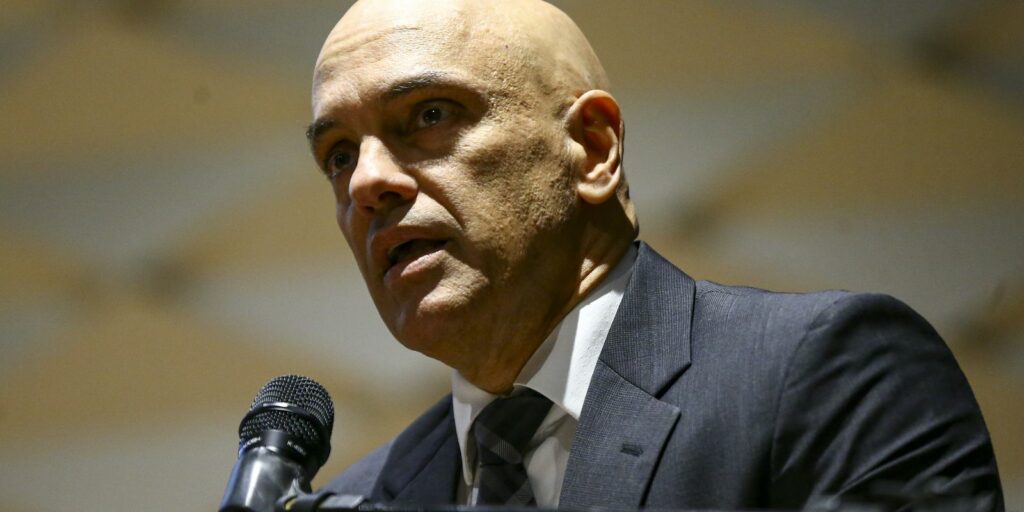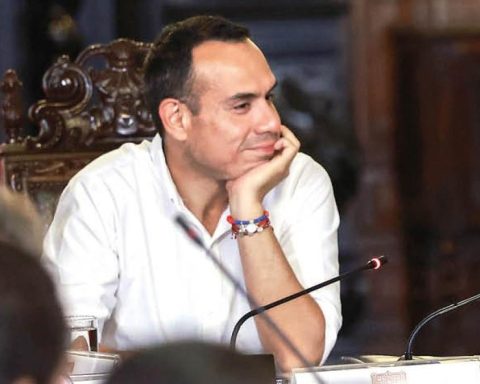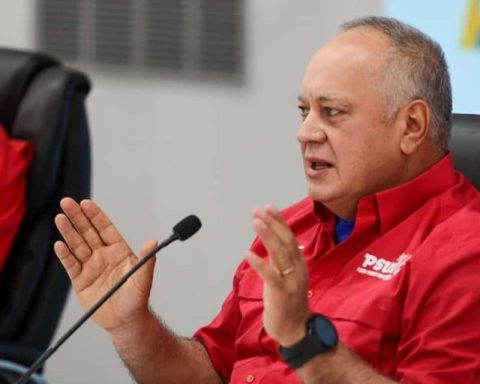The director of the Collection Agency of the province of Buenos Aires (ARBA), Cristian Girardargued this Tuesday that “the PRO is financing its presidential project by taking resources from the provinces”, when questioning the recent ruling of the Supreme Court of Justice on the co-participation in favor of the city of Buenos Aires, which he described as “undeniable unitary position”.
In a thread published on his Twitter profile, Girard maintained that the Court’s ruling on co-participation that benefits the CABA and the collusion of sectors of Together for Change, the media and the judiciary, show “porteño centralism” and reveal that “PRO is financing its presidential project with resources that should come from the provinces.”
Girard stated that in order to “finance its national projection from CABA, the PRO doubled the tax pressure and the debt,” and that after that, the Court’s ruling enabled it to reach “a record level of resources.”
He considered that “sAlthough Together for Change maintains an anti-tax discourse, the truth is that when the macrismo began to govern the City in 2007 the tax burden was 4.3% and by 2022 it has almost doubled, reaching 7.8%. ohAnd the resources per inhabitant almost tripled!“.
He emphasized that to the “increased fiscal pressure” was added from 2007 “a strong process of indebtedness”, as a result of which “CABA’s debt more than doubled”.
“The PRO recipe is simple: govern the richest district with the best infrastructure, taking resources from the provinces, collecting more taxes and taking on debt, and promising that if they are elected to govern the Nation, everyone will be able to live like in CABA. Colored mirrors ” Cristian Girard
For Girard, the management of the PRO in the city of Buenos Aires translated into “more fiscal pressure, more debt, more resources for the Buenos Aires government and for the expansion of the Macrista political project.” He remembered that when Mauricio Macri Was president “tripled by decree the transfer of national resources to CABA” and as a result of that decision, “unfounded and unfair, the resources of national origin” of the Federal Capital “went from 10% to 25%.”
Girard stressed that in 2020 “that macrismo maneuver” could be reversed, for which the Nation recovered “the funds that had been granted to CABA”, but then the head of the Buenos Aires Government, Horacio Rodriguez Larreta“prosecuted that Law” and “the Court issued the precautionary measure” that benefited CABA.
He called it “partisan rulingbecause it seeks to validate the illegal transfer of resources from the rest of the country to CABA, carried out by means of unfounded and illegal decrees of Macri endorsed by Together for Change”.
1. As raised @Kicillofokthe ruling of the Court that increases the co-participation to CABA is impossible to comply with, and expresses an undeniable unitary position, which strengthens Buenos Aires centralism, financing the PRO government of CABA at the expense of the provinces.
— Cristian Girard (@cristiangirard) January 10, 2023
It added that “the ruling violates the Constitution, by ignoring the exclusive powers of Congress and the provincial legislatures and violating the rule that the co-participation system must guarantee quality of life and equal opportunities throughout the national territory.”
Girard affirmed that “the PRO recipe is simple: govern the richest district with the best infrastructure, taking resources from the provinces, charging more taxes and taking on debt, and promising that if they are elected to govern the Nation everyone will be able to live like in CABA. Colored mirrors”.
In line with what was stated by Governor Axel Kicillof, he described the ruling as “unenforceable”, and reiterated that it “is part of a line of action that goes back a long way and seeks to centralize political power in CABA, to project national level policies that privilege the interests of a handful of powerful over those of the rest of the country”.
Girard pointed to the Gross Income distribution mechanism between the provinces and CABA, regulated by the Multilateral Agreement, and stressed that “the current agreement, established during the dictatorship (1977), implies that the City receives more resources than those it generates.”
The city of Buenos Aires “it represents 21% of the GDP, but receives 26% of the collection of Gross Income, to the detriment of the rest of the country. We are talking about more than $122,000 million“, he emphasized, and on that “skewed distribution“, he explained that it is, in part, “to the location in the Federal Capital of the administrative headquarters of large companies that carry out operations throughout the country, but attribute half of their income based on costs, thus benefiting CABA”.


















